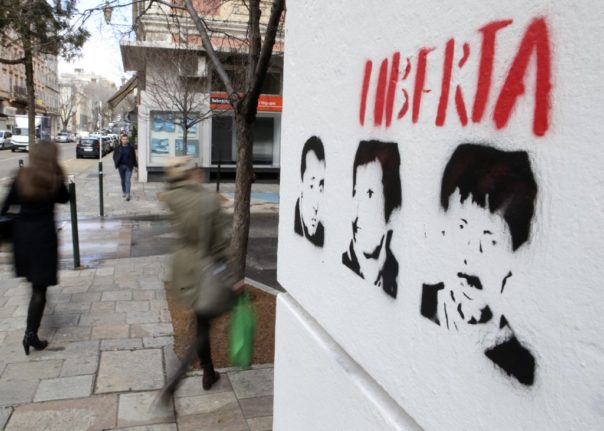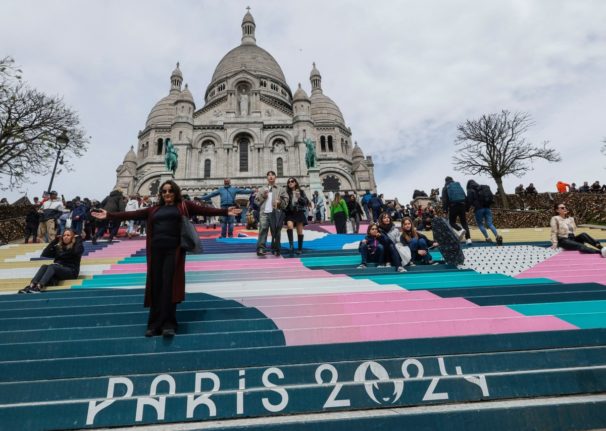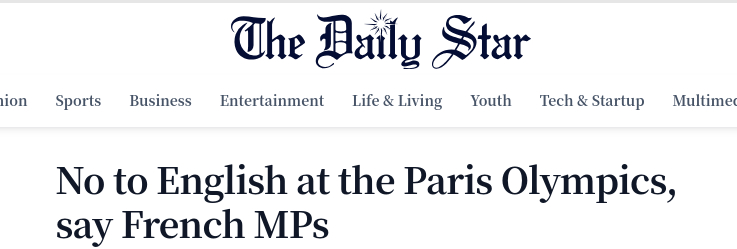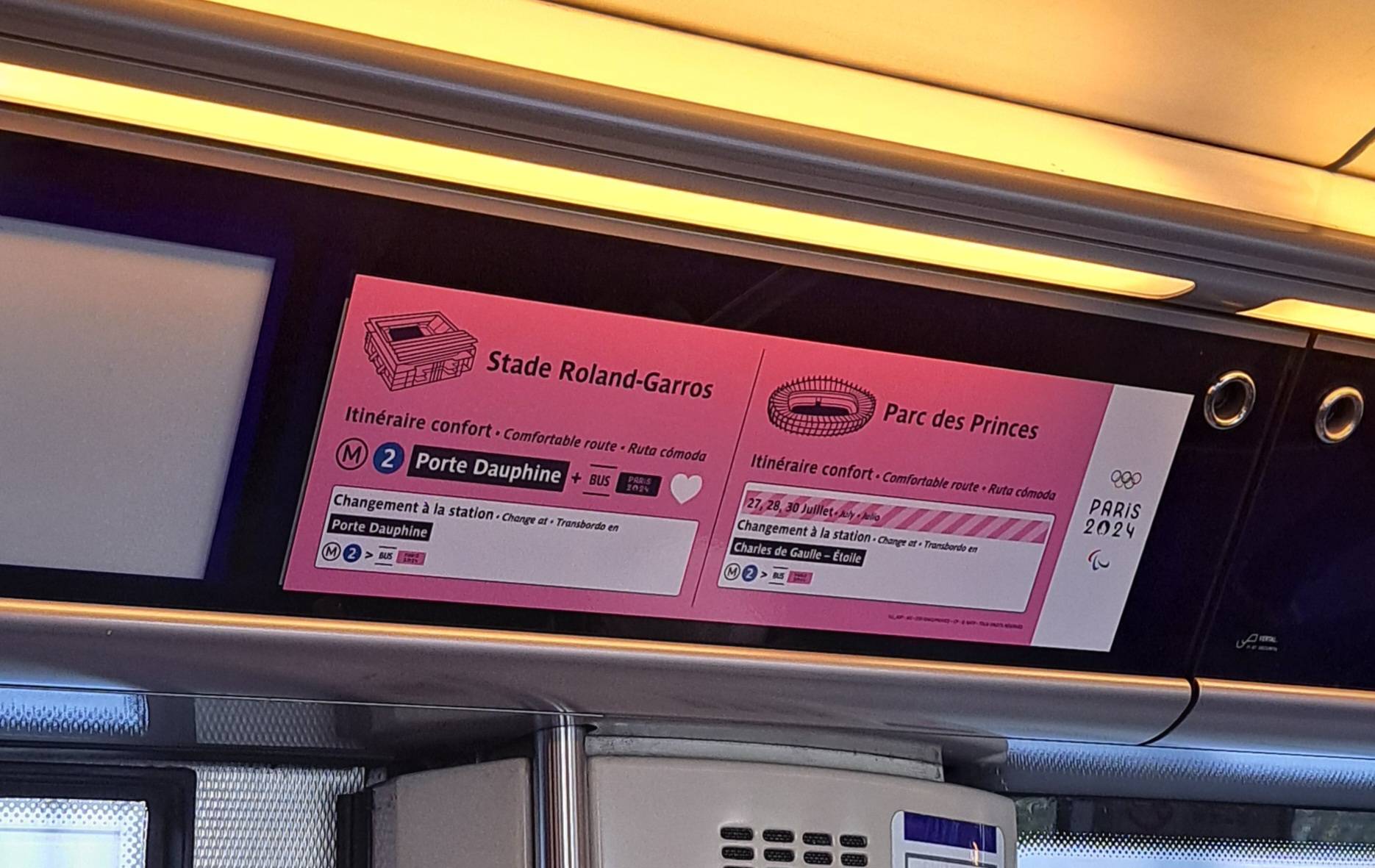Under the ruling, Pierre Alessandri will be allowed out of jail to work for a landscaping company in the daytime and will be granted a full conditional release in a year if he behaves well.
The relaxation of Alessandri’s conditions of detention came amid tensions between the Mediterranean island’s pro-autonomy leaders and the French state, after a fellow Corsican detained in the same case was killed in a French prison in March.
Alessandri and a third Corsican detainee were transferred from mainland France to a jail in Corsica in April after the murder of Yvan Colonna.
The Paris appeals court granted Alessandri “a probationary partial release” of 12 months from February 13, the prosecutor-general Remy Heitz said.
If he behaves well, he would then be granted “conditional release” for another ten years, he said.
Alessandri’s lawyer Eric Barbolosi hailed the ruling as a “great relief”.
“For the first time in a court of appeals, the magistrates made a decision based on the criteria necessary for a conditional release, not the particular nature of the case,” he said.
Alessandri had served enough time to be eligible for such a release by 2017, and had already petitioned to be freed three times.
But national anti-terror prosecutors objected, and an appeals court barred his release.
The country’s highest court then quashed one of these decisions, ordering the Paris appeals court to re-examine it.
Colonna, a former goat herder, was announced dead on March 21 after an Islamist extremist who accused him of blasphemy strangled and suffocated him in a prison in the southern town of Arles in mainland France.
He was detained in 2003 after four years on the run, and sentenced in 2007, and then again in 2011, to life in jail over the killing in 1998 of the French government prefect of Corsica, Claude Erignac.
The killing was the most shocking of a series of attacks by pro-independence militant group FLNC.
Alessandri and another nationalist, Alain Ferrandi, had already been sentenced to life in jail in 2003 over the murder.
Ferrandi, who was transferred to the same Corsican jail, has also requested to be released on parole, and a decision is due on February 23rd.
Colonna’s murder sparked violent protests in Corsica.
It galvanised the nationalist movement and led President Emmanuel Macron’s government to offer talks about giving greater political autonomy to the territory.





 Please whitelist us to continue reading.
Please whitelist us to continue reading.
Member comments